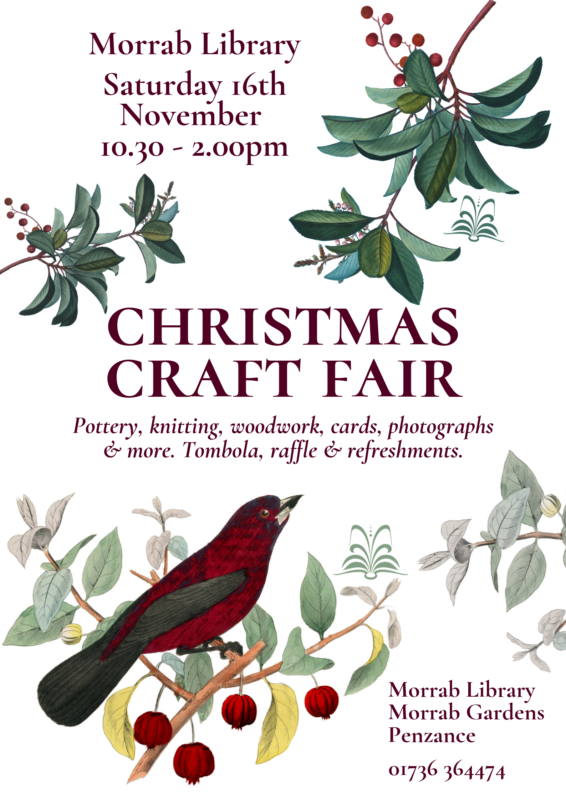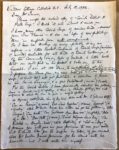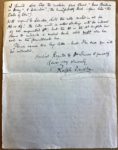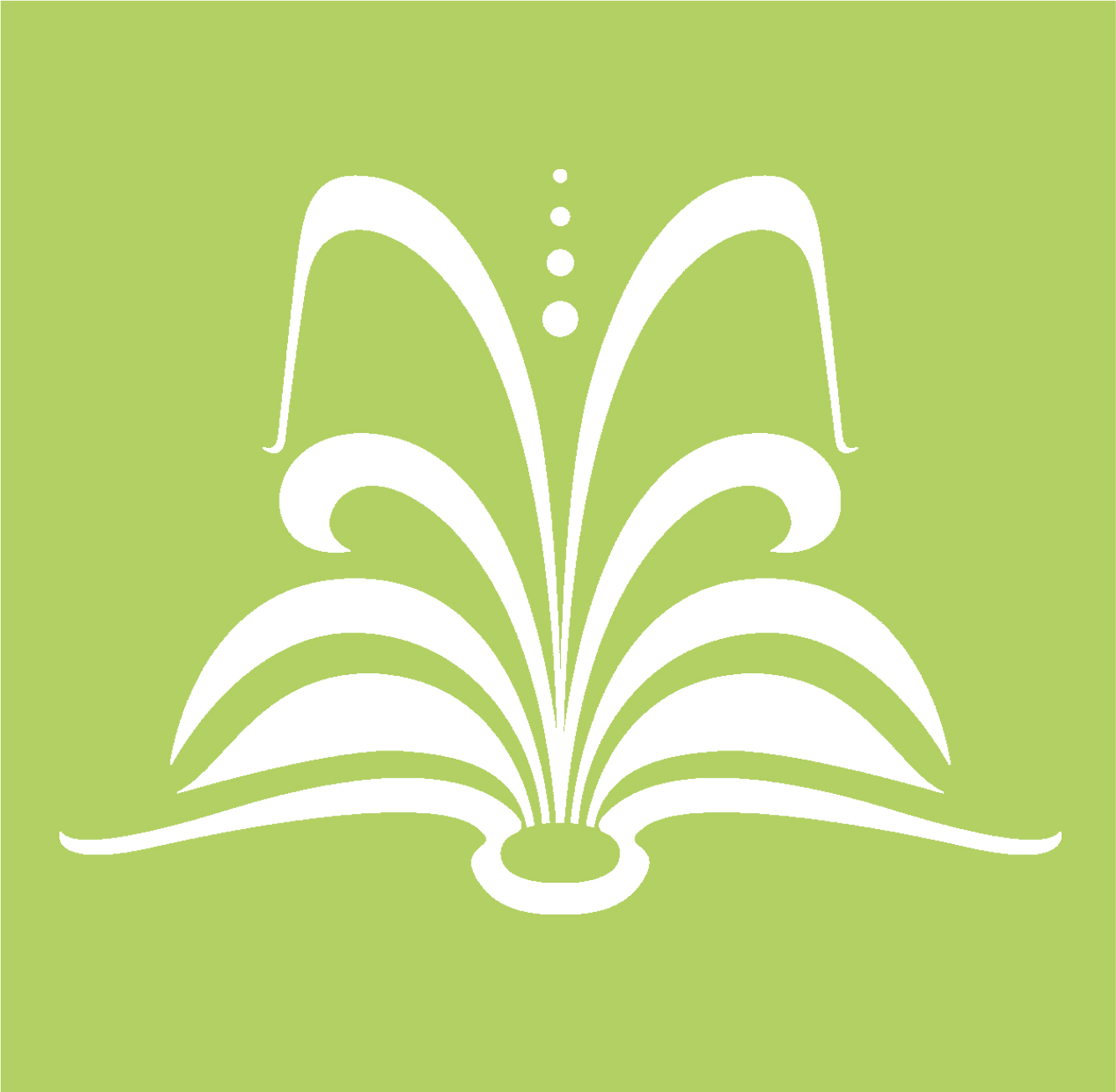by Lisa Di Tommaso | Nov 26, 2019 | Blog, News
LIBRARY CLOSED – TUESDAY 26th NOVEMBER
We’re sorry to say that due to the high winds, the Council has closed Morrab Gardens for the day, and therefore the library will need to close as well. We will be closed for all of today, Tuesday 26th November.
The forecast for tomorrow isn’t ideal either, but we will let you know as soon as we are able if we will re-open tomorrow morning.
We are very sorry for the inconvenience this causes you.
Best wishes,
The Library Team
by Lisa Di Tommaso | Nov 14, 2019 | Blog, Events, News, Photographic Archive
Don’t forget our Christmas Craft Fair will be held this Saturday from 10.30 am to 2.00 pm. We will be jam-packed with stalls showcasing a variety of beautiful crafts including ceramics, knits, cards, art, woodwork, books and more. Images from our Photo Archives will also be on sale. First prize in our raffle is a wonderful Christmas cake and we’ll have a Tombola too. And of course, our delicious refreshments will be available to enjoy. We really hope to see you there.

by admin | Jun 5, 2019 | Culture, Events, Morrab Library
We’re delighted that The Smugglers of Mousehole film, which used the library as one of it’s locations, is having its first screening at the Solomon Browne Hall, Mousehole on Sunday 16th June. The screening will be raising funds for Solomon Browne Hall, Penlee Lifeboat and Mousehole School. To book tickets, click on this link: https://crbo.ticketsolve.com/shows/873604040

Filming in the Library’s Reading Room.

by admin | May 22, 2019 | Blog, News
A hidden treasure revealed
By Tehmina Goskar
Song of the Chough
Black is the Chough’s colour,
Red are its singing beak and legs,
Still alive on Cornish cliffs,
Although people say it is dead.
He is not dead,
He is not dead,
King Arthur is not dead!
This is the translation of a remarkable Cornish song found tucked away in the Jenner Room in the Morrab Library. While examining the music pamphlets drawer for something completely other, I came across two slips of paper in an original copy of Dr Ralph Dunstan’s Cornish Dialect and Folk Songs, 1932. One is a letter from Dunstan to Henry Jenner, father of the Cornish language revival and founding bard of Gorsedh Kernow. The other is a beautifully penned musical manuscript of a song called Can Palores (Chough’s Song) composed (or arranged) by Dunstan. The book was inscribed by Dunstan to Jenner, dated 16 July 1932.
Dr Ralph Dunstan was born in Carnon Downs on 17 November 1857. He learned to play the bassoon, violin, organ and more. Dunstan became a music teacher at Westminster Training College and won a doctorate from Cambridge. He published widely on the theory of music and in particular composition and harmony. Dunstan was also a Cornishman, alive during an incredibly vibrant period for the Celtic-Cornish movement that saw the establishment of the first Old Cornwall Society in St Ives in 1920, the Federation of Old Cornwall Societies in 1924, and Gorsedh Kernow in 1928. He spent his retirement devoted to Cornish musical matters.
The musical manuscript found at the Morrab is fleeting, barely 12 bars long. It is scored in D major and seems to be arranged for harmony singing—arrangements familiar to those who have studied Dunstan’s other arrangements of Cornish songs (see his Cornish Song Book or Lyver Canow Kernewek, 1929).
The last line of the refrain, ‘King Arthur is not dead!’ is a motto that we find on some Cornish language publications of this period and it appears with a chough in the middle forming an emblem. The imagery and the words are tied up with the Cornish lore of King Arthur whose soul is said to reside in a Cornish chough.
Robert Morton Nance, a key protagonist of the Cornish movement, and a correspondent of Dunstan, used this emblem on several of his pamphlets. Dunstan himself became deeply interested in Arthurian ballads when he moved back to Cornwall.

Its single verse, in the style of Cornish that was being used for the language revival in the 1920s, suggests there were others. A search in the newspaper archives gives us an intriguing clue as to what this song might have been used for. The Western Morning News of 17 September 1932 contains an article by a correspondent called Cornishwoman. It describes a Celtic song, dance and theatrical concert performed at the Royal Institution of Cornwall, Truro under Dunstan’s direction.
The article refers to a Cornish interlude called An Balores (the Chough) in which Phoebe Nance took part. Phoebe Nance (Morwennol—Sea Swallow) from Carbis Bay was made a bard of the Gorsedh the week before. Could it have been Phoebe that performed Can Palores during her interlude? The evidence is compelling. In the same year, 1932, Robert Morton Nance (Mordon) – Phoebe’s father –published a short play called An Balores and it ends with a three-verse song that finishes with the refrain, “Nyns yu marrow Myghtern Arthur!”
The letter, dated 18 July 1932, leaves a clue to the vast collection of unpublished material that Dunstan said he still had in his possession. “I have many other Cornish Songs of various kinds – several from Jim Thomas — I see no hope of ever publishing them in complete form with accompaniments.” Jim Thomas was a massively important figure for Dunstan during his collection of Cornish music and song of the type that took place in village halls, at chapel tea treats and mostly, in pub sessions up and down the Duchy. He goes on to describe the kind of book he would have liked to have published next, a Pocket Companion of Cornish Songs, and what would be in it. The letter itself does not refer to Can Palores.
Ralph Dunstan died on 2 April 1933, not long after writing the letter to Henry Jenner, and his Pocket Companion was never published. Dunstan’s own personal archive was apparently either burned by his daughter after his death or according to another report, left to go damp in a garden gazebo. Whichever is true, these two original survivals become all the more precious.
Can Palores
An Balores du hy lyw,
Ruth ha’y gelvyn can ha’y gar-row,
War als Ker-now whath a vew,
Kyn leverer hy bos marrow.
Nyns yu marrow,
Nyns yu marrow,
Nyns yu marrow Myghtern Arthur!
(Translation above courtesy of Cornish Language Office, Cornwall Council).


For information on interpreting the music and understanding Ralph Dunstan’s context, our sincere thanks to:
– Merv Davey, Folk Songs & amp; Music Recorder, Federation of Old Cornwall Societies
– Anna Dowling, Violinist, Singer and Composer
– Steve Penhaligon, Keur Heb Hanow
– Karin Easton, Perranzabuloe Museum and President of Federation of Old Cornwall Societies
– Pol Hodge, Cornish language scholar and poet, Golden Tree Productions
Tehmina Goskar, May 2019. For correspondence: tehmina@goskar.com
by admin | Apr 7, 2019 | Blog, Culture, Morrab Library

249 years ago today William Wordsworth, the great poet of English Romanticism, was born.
Our archives hold a precious letter from Wordsworth to Hugh Seymour Tremenheere. The pair were introduced by Harriet Martineau in the autumn of 1845. As well as belonging to a distinguished Cornish family, Tremenheere was an academic, barrister & school inspector.
It is in the latter capacity that Wordsworth writes to him to suggest that “Knowledge inculcated by the Teacher or derived under her management from books” may be “too exclusively dwelt upon, so as almost to put of sight that which comes without being sought for from intercourse with nature”. And he goes on to say that “too little attention is paid to books of imagination” for “we must not only have knowledge, but the means of wielding it” which is done “more through the imaginative faculty assisting both in the collection and application of facts than is generally believed”.
The importance of the imagination and experiencing the natural world, particularly for children, is ever present in Wordsworth’s oeuvre, and in his own poetic and personal growth as depicted in works like The Prelude.
by admin | Mar 12, 2019 | News
Dear Members and Library Users,
We’re extremely sorry to inform you that the Council have closed the gardens due to the weather forecast, and therefore the library will be closed today, Tuesday 12th March.
If the weather improves dramatically over the course of the day, and the garden gates are unlocked, then we may be able to re-open, and we will send another message if this is possible. Otherwise, we are hoping that full service should resume tomorrow, Wednesday, although this is subject to the weather improving and the Council deeming the gardens to be safe.
With many apologies for the inconvenience.
Lisa, India and Katie









